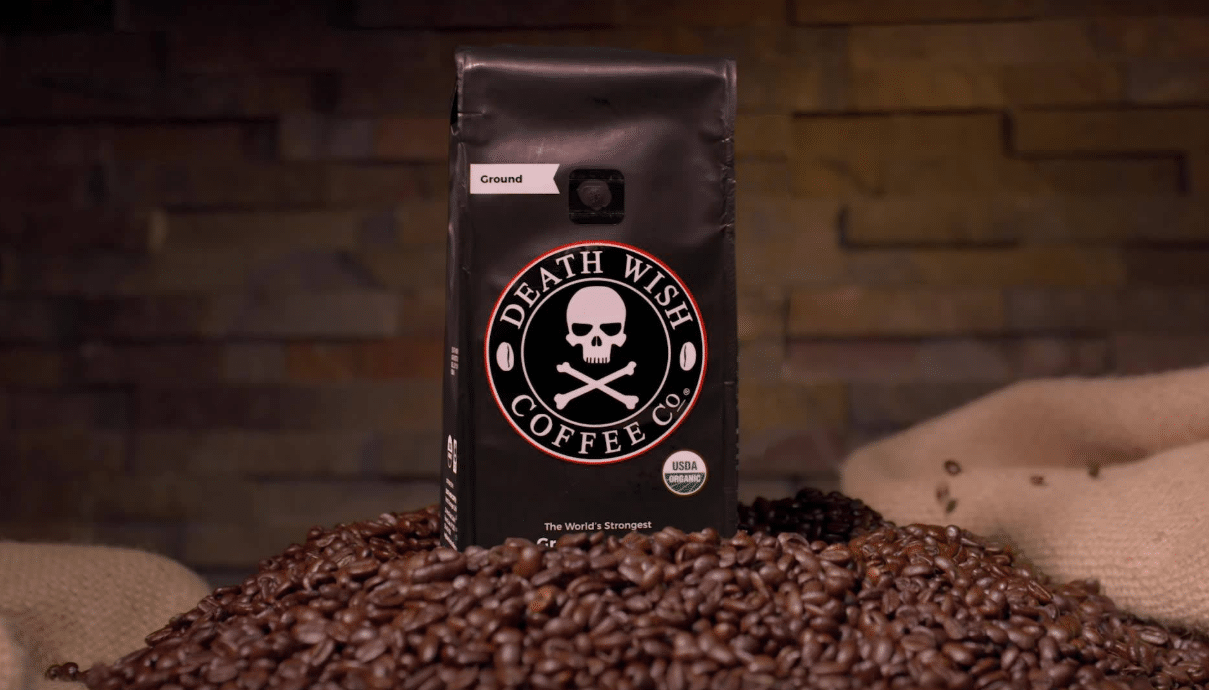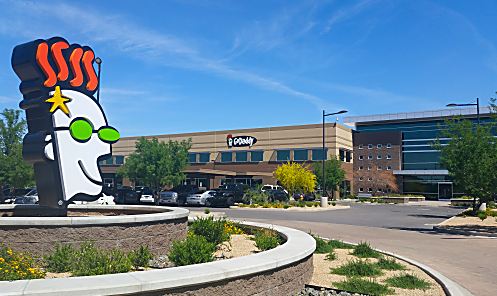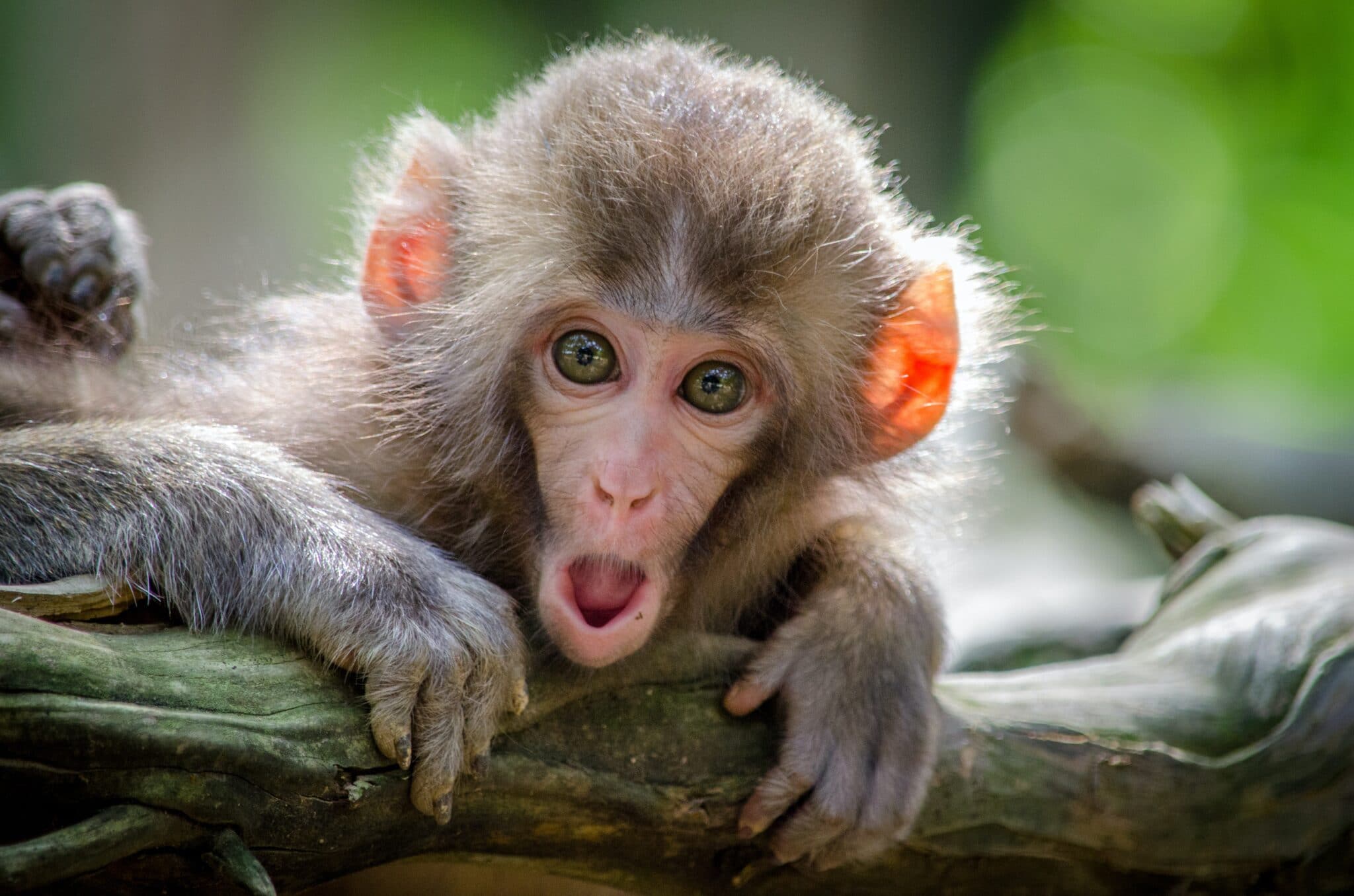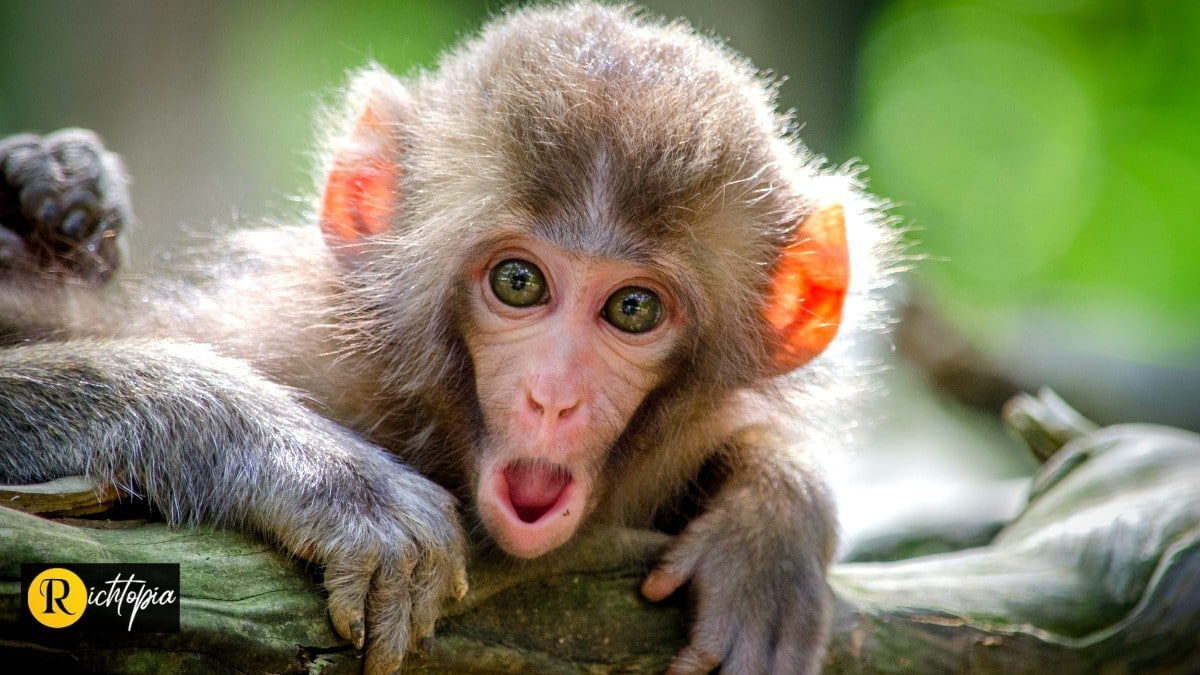Sometimes you come across the name of a company and have to do a double-take.
Are they really called that?
You look again and, yes, sure enough, that’s their name.
Reactions like this can feel a little disruptive.
Seeing an outrageous brand name is unexpected, particularly in a world where most businesses act like they’re treading on eggshells.
Yet, it is also a winning strategy.
Ironic, huh?
For many of the world’s most successful brands, the approach is deliberate. They want you to spill the metaphorical Cheerios to grab your attention.
For others, the weirdness is for no good reason whatsoever. The founders get a kick out of it.
In this post, we’re going to take a look at some successful companies with odd names.
What you’ll discover is that the name’s weirdness and the success of the company seem to go hand-in-glove.
Perhaps it’s because they’re memorable. Maybe, it’s the novelty value. Who knows?
Death Wish Coffee

You would have thought that combining the phrase “death wish” with a beverage product would be a bad idea. But it has proven an extremely effective strategy for Saratoga Springs coffee house chain, Death Wish Coffee.
The brand started as nothing more than a single coffee shop on a mission to sell the world’s strongest coffee.
Since then, it has generated a massive following of quasi-masochistic individuals who want to pump their arteries with insane concentrations of caffeine.
The brand doesn’t disappoint. Founder Mike Brown wanted to transform coffee drinking from a sophisticated pastime of the urban gentry into something for hardcore brew fiends.
And he’s done it, now operating more than 10,000 stores across the country.
GoDaddy

Back in 1997, Bob Parsons founded a company called Jomax Technologies. It was boring, and everyone knew it.
A couple of years later, he and his colleagues were brainstorming names they could use to improve their brand recognition.
Eventually, they came up with the idea of Big Daddy, but, as you might have guessed, that domain name was taken.
So they tried GoDaddy, and what do you know? The name was available!

Jack Dorsey, the founder of Twitter and Square, didn’t have a clue what to call his social media platform when the idea was first jiggling about in his head.
Initially, the brand was going to be called “Twitch” and then “Status.” But neither of those names seemed to fit the bill.
After consulting the thesaurus, he and his team came up with the name “twitter,” meaning a short statement of inconsequential content.
Mr Dorsey never imagined that setting US presidents would one day use his app as a political platform.
Fat Joe

What springs to mind when you read a name like Fat Joe?
Perhaps a greasy spoon? Maybe a burger restaurant?
At the very least, something dripping in lard?
Nope, sorry, it’s none of the above.
Fat Joe, it turns out, is a content marketing agency, hiring teams of writers who busily churn out material for prestigious clients all over the world.
The name is strange, but the backstory is even weirder.
First of all, there isn’t just one guy called Joe – there’s two.
And, second, neither of them are fat. Or at least they weren’t when they set the thing up.

Google is a bit of a strange addition to this list because it’s original name was weirder than the one it has now.
Founder Sergey Brin initially wanted to call it BackRub.
Can you imagine if “BackRubbing” had become a verb, like “Googling?”
Eventually, though, cooler and geekier heads prevailed.
They decided to call it Google after the mathematical term “googol,” meaning one with a hundred zeroes after it.
The Boring Company

Elon Musk is a man known for his commercial antics. If he’s not flying rockets to the space station, he’s making rude comments on Twitter.
The Boring Company is, however, probably his best bit of branding yet. The firm will eventually bore tunnels under major cities, providing subterranean roads for vehicles.
It’s boring in a sense, but not the way you know it.
Amazon

Why would a book store name itself after a South American Jungle? You’ll have to ask founder Jeff Bezos.
Initially, he wanted to call it Cadabra, as in abracadabra. But when he floated the idea with his lawyer, all he heard was a cadaver, and the concept got shelved.
Bezos instead went with Amazon because words that began with the letter “A” were the first to appear in the old internet directories.
Wiggle

Wiggle is an online sports retailer in Europe that mainly sells biking equipment.
The company was initially called Butler Cycles, but that just wasn’t odd enough for founder Mitch Dall. He wanted to create something that people would remember the moment they saw it.
From 1999 onwards, the company officially started trading as Wiggle, and the name has remained ever since.
Survey Monkey

Collecting customer data is by no means monkey business, but Survey Monkey doesn’t appear to have paid heed to this convention.
The company has an odd name – yet it is the best-known in its industry.
Survey Monkey is older than many people imagine. It emerged in the height of the dotcom boom when pretty much any name was going.
Founder Ryan Finley wanted something that would both describe his product and create a stir. Adding the word “monkey” to the word “survey” was all he needed to do apparently.





